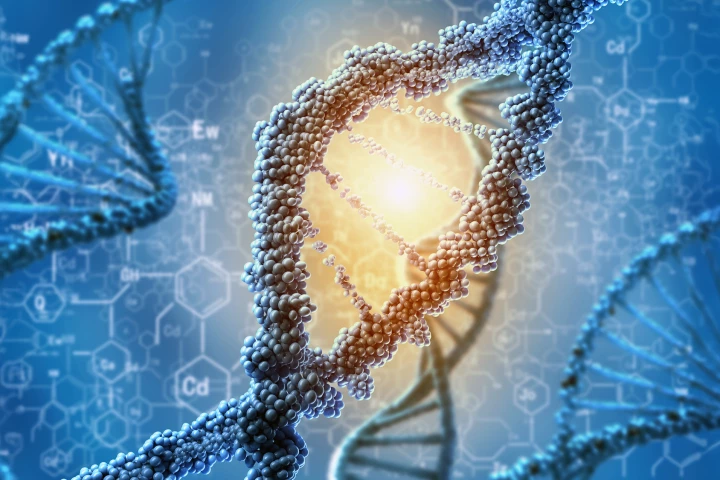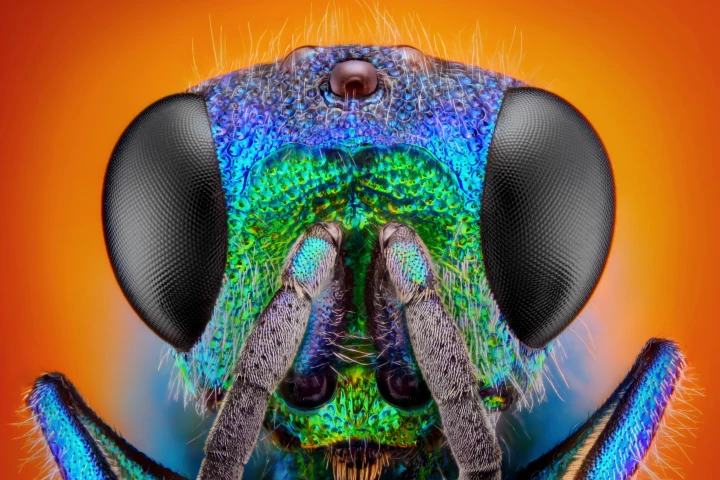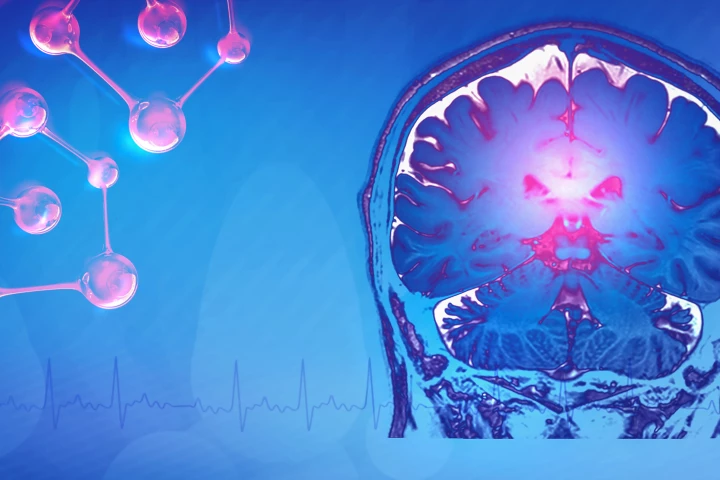Epigenetics
-
A new study suggests that a father’s COVID-19 infection could do more than make him sick – it may leave epigenetic marks on his sperm that pass anxiety to his offspring, revealing how viral infections can echo across generations.
-
Friendships, community ties and family bonds may apply the brakes to cell aging, providing a simple way to invest in health in older age. In a new study, scientists find that social connections are tied to slower biological aging and less inflammation.
-
Our gut microbes and genes are in constant conversation, shaping each other in ways that affect everything from immunity and inflammation to disease risk, according to a review of scientific evidence. It could transform how we prevent and treat illness.
-
Stress during pregnancy may rewire a baby’s brain for anxiety, a new study found. Adverse prenatal environments change how neurons in the hippocampus develop, leaving offspring more sensitive to threats in adulthood.
-
A species loved by scientists has a new trick under its wings – a "time out" in youth that leads to significantly slower aging throughout life. This discovery, which shows that biological aging isn't fixed, is a breakthrough in human longevity science.
-
In a first-of-its-kind study, researchers zoomed in on PTSD at the single-cell level to better understand how it affects the brain. The findings revealed how trauma can lead to specific molecular changes in some brain cells.
-
Exposure to common metals has again been linked to ADHD and specific symptoms. It builds on existing research that has found a strong association between environmental contaminants like lead and a higher rate of people diagnosed with the condition.
-
Diet has a huge role in health and disease as we age, but making long-term changes are not easy. Now, researchers believe it only takes two months of eating differently to significantly reduce your 'biological' age across five major organ systems.
-
By silencing the gene responsible for regulating ‘bad’ cholesterol without altering the primary DNA sequence, researchers have unlocked the potential of epigenetic editing to safely and effectively treat not just this but a wide range of diseases.
-
A study has found that it takes longer than previously thought for the negative effects of alcohol consumption to leave a man’s sperm. The findings are important for potential fathers to factor in when they’re considering starting a family.
-
A new study led by scientists at Harvard Medical School has identified chemical cocktails that can restore cells to a more youthful state, paving the way for aging reversal treatments that are more accessible than gene therapy.
-
In a world first, scientists have mapped the dog epigenome. It opens the door to a better understanding of how environmental factors influence gene expression and to the development of new disease treatments for both us and our canine best friends.
Load More











